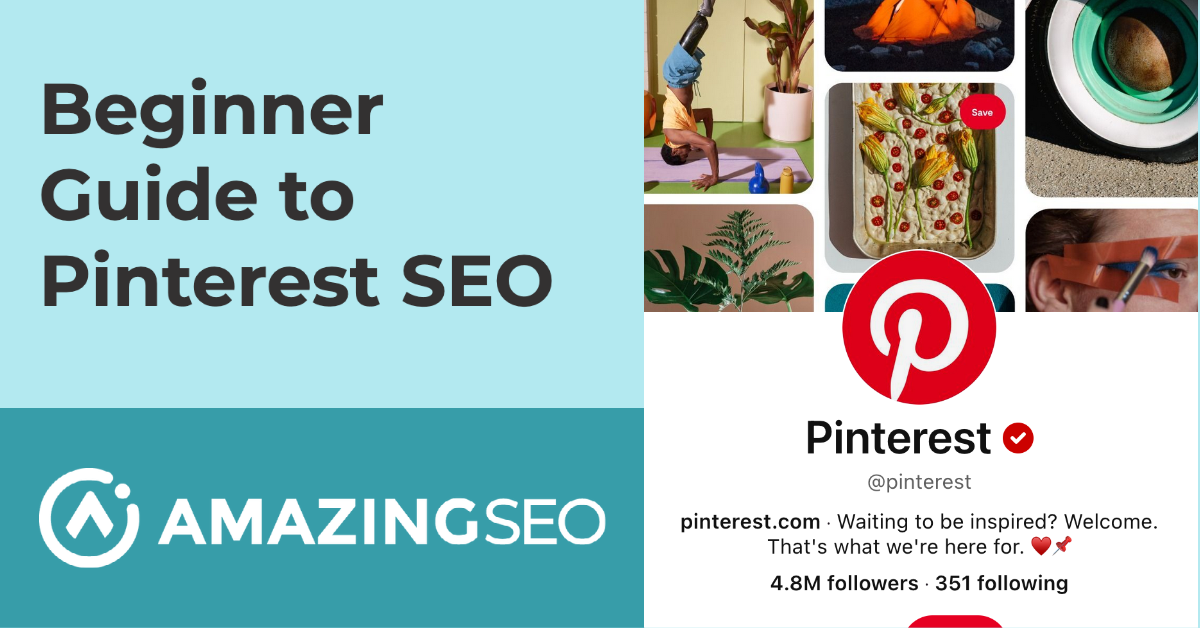Will Outbound Links Help Your SEO?
August 15, 2023

There’s a common belief that including links to well-known websites like CNN or Wikipedia can boost your web pages’ search algorithm ranking.
However, the reality is that these links won’t significantly improve your SEO. While having outbound links, especially those that provide value and allow users to learn more about a topic, can be beneficial, they usually won’t have a major impact on your website. Let’s explore what outbound links actually do for you and how they may or may not be helpful.
Why don’t generic links help SEO?
SEO has undergone significant changes since the early days of the internet. Previously, SEO involved writing a lot, stuffing content with numerous keywords, and sharing many links.
However, search engines like Google have become much more sophisticated in determining which pages deserve top rankings. Google now prioritizes quality over quantity, favoring pages that offer real value. So, why don’t generic outbound links contribute to your page’s success?
Firstly, these links act as backlinks for other websites, not your own. These backlinks hold more influence, and when a high-ranking domain links to your webpage, search engines view your site as a reliable source. For instance, if a reputable site like CNN links to your site, Google sees it as a strong endorsement, lending credibility to your content.
Secondly, unless a backlink enhances the time users spend engaging with your content, it won’t significantly impact your page’s ranking. For instance, if your page contains valuable content and includes a generic backlink, users might click on it and explore briefly but then return to your page. Regardless of the backlink, your content’s quality stands on its own.
So, how can a backlink be effective? If your page is well-structured, providing coherent answers that encourage users to read further, strategic backlinks can enhance engagement. When users consistently find these links valuable and relevant to your content, they can serve as valuable research aids. Wikipedia excels at this approach. While its pages might be generic at times, they link to supplementary content that enhances the overall topic exploration.
In summary, the SEO landscape has evolved, and search engines now prioritize quality and value over quantity. Generic outbound links don’t carry as much weight as high-quality, contextually relevant backlinks that improve user engagement and provide additional value.
What Does Quality mean to Google?
When SEO experts talk about “quality” concerning search engine rankings, it’s quite straightforward. Quality pages are those that efficiently provide answers to questions. This efficiency earns them a top spot on the SERP (Search Engine Results Page) because users find their answers quickly and comprehensively, which encourages them to return to the search engine for future queries.
The term “quickly” here doesn’t necessarily mean users spend minimal time on the page. In fact, it’s often the opposite. If a page offers valuable information, users tend to spend a reasonable amount of time on it. Clear answers lead to continued scrolling and interaction with the website. For instance, consider an e-commerce site with strong sales or a recipe that appears delicious, prompting users to explore the details and scroll for the actual recipe.
The key takeaway is that users locate the desired information and engage with the page. Google can track user interaction through clicks and cookies. Google’s analytics system detects coded events with each click or scroll, recording them as interactions. Pages that excel in this aspect exhibit a low bounce rate, indicating to Google that users find the content engaging based on numerical data.
How can You Improve Page Quality?
At Amazing SEO, we don’t believe SEO is rocket science. A simple approach to creating valuable content is to ask yourself, “Would I find this useful as a reference?” Be truthful in your assessment. If the answer is no, it implies the page might not offer valuable content, resulting in restricted outcomes.
For additional guidance on crafting and identifying quality content, consider these suggestions:
Research your subject
Instead of solely writing about a specific topic, take the time to research it beforehand. Discover a few articles that you find appealing and analyze their strengths. Typically, such pages contain multimedia elements like images or videos, present information concisely, and offer links to additional valuable resources for deeper exploration.
By understanding existing content, you’ll recognize your competitive landscape.
Ask Yourself How You Can Make This Article Better
When you come across an article you genuinely appreciate (often ranking high in the SERP), take the time to read it comprehensively. Then, consider what aspects it might lack. By incorporating extra information while maintaining high-quality standards, you provide an opportunity for your article to become an enhanced rendition of the same valuable resource.
Consider Adding Media
A widely used tactic among many blogs is to provide linked supplementary content within the page. For instance, you might include a link to a video on the blog author’s YouTube or TikTok channel. If creating such content isn’t feasible for you, consider linking relevant media like videos and images from other sources. Even if it’s not your own, if you offer an excellent video tutorial, users are likely to save your page for future reference.
Write More Concisely
Have you ever opened a webpage that seemed promising, but the content turned out to be overly lengthy or poorly explained, causing you to exit? Even if the content had the potential to be outstanding and provided the answer you were seeking, the internet is about swiftly finding solutions. Quick answers are preferred, and if feasible, the page should elaborate on the response in a logical manner.
This desire for efficiency is shared by most internet users. Therefore, it’s wise to aim for concise writing that efficiently addresses the query. One strategy could involve enlisting an editor’s expertise or utilizing an AI-based editor to refine your writing.
Should You Even Include Outbound Links?
Incorporating outbound links can be beneficial for your readers, particularly if they amplify comprehension of your topic. These links aid users in grasping the subject and play a role in addressing their queries.
However, it’s important to use such links thoughtfully and avoid relying on them solely to address your main subject. Always include them in situations where they’re relevant and genuinely enhance the reader’s experience.
Conclusion
While outbound links might not heavily influence your SEO, they hold significant value for readers seeking your page as a useful resource. When executed thoughtfully, incorporating outbound links can substantially enhance the quality of your writing and aid users in finding answers more quickly and effectively.
Should you need guidance in enhancing your content, the experts at Amazing SEO are prepared to assist through our content writing services.
If you need a website hosted, you can also check out our sister company ZebraHost who specialize in hosting websites and web applications.
Recent Blog Posts
Will Outbound Links Help Your SEO?
There's a common belief that including links to well-known websites like CNN or Wikipedia can boost your web pages' search algorithm ranking. However, the reality is that these links won't significantly improve your SEO. While [...]
Why Its Essential to Create Conversion Tags for Google Ads
Google advertising plays a crucial role for many businesses by acting as a digital billboard. When users search for a product or service, your ad has the opportunity to appear at the top of the [...]
Pinterest SEO Guide: How to Stand Out on This Platform Shoppers Love
Pinterest has become a popular social media platform for brands to connect with influencers and consumers. This image-focused site allows users to discover and save images from the internet onto boards, making it ideal for [...]
How to Structure Google PPC Ad Campaigns
Google Ads are a highly effective and easy-to-use form of advertising that businesses of all sizes can take advantage of. With a 4.85% click-through rate (CTR), Google outperforms Facebook's 1.32% CTR. Additionally, Google's average cost-per-click [...]
Why Focus on SEO During a Recession
Businesses of all sizes are feeling the pinch as we enter into a recession. Budgets are being slashed, and marketing is often one of the first areas to be cut. But while it may be [...]
How to Use non-branded keywords for SEO
While it can often seem like branded keywords, “Nike shoes”, “Apple computer”, “Samsung phone” “Nestle hot chocolate” dominate the internet, these branded keywords aren’t the only terms users search for. In fact, many consumers are [...]




